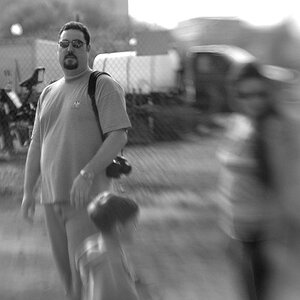Marcopolo9442
TPF Noob!
- Joined
- Jul 30, 2008
- Messages
- 15
- Reaction score
- 0
- Can others edit my Photos
- Photos OK to edit
I had a discussion with a friend of mine who is very critical of my photos, especially my landscapes. First, he thought I had difficulty with exposure and I tended to underexpose my shots. Now he has only used film mostly and I use digital. I find that underexposing slightly keeps the images from having blown out highlights, then I work with the raw files in photoshop to bring up the shadows and apparently he thinks my method underexposes the images and therefore they lack detail. Is this not a good strategy to avoid blown highlights? I do use a polarizer and sometimes a 2 stop graduated neutral density filter.
Second question, on my wide angle landscapes, if I can I use a tripod and take the photo at between f16-f22 as I found this gives me the best depth of field. He thinks I should try around f5-f11 because according to him it gives better sharpness and detail in the areas that are within the depth of field, and he thought that having a large depth of field made many of my photos appear dull and boring. Basically he things a lower f-stop would make the photos sharper and more interesting. To me this seems counterintuitive and against what I have learned. What are your thoughts on this, who is right?
Second question, on my wide angle landscapes, if I can I use a tripod and take the photo at between f16-f22 as I found this gives me the best depth of field. He thinks I should try around f5-f11 because according to him it gives better sharpness and detail in the areas that are within the depth of field, and he thought that having a large depth of field made many of my photos appear dull and boring. Basically he things a lower f-stop would make the photos sharper and more interesting. To me this seems counterintuitive and against what I have learned. What are your thoughts on this, who is right?






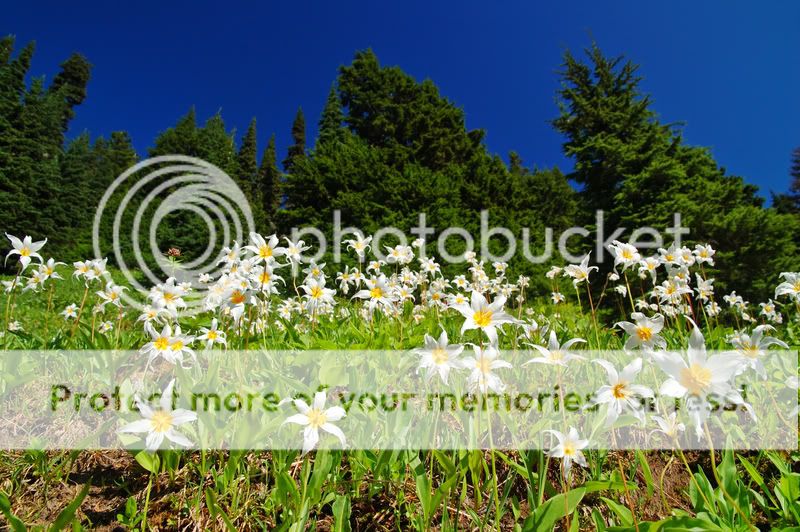
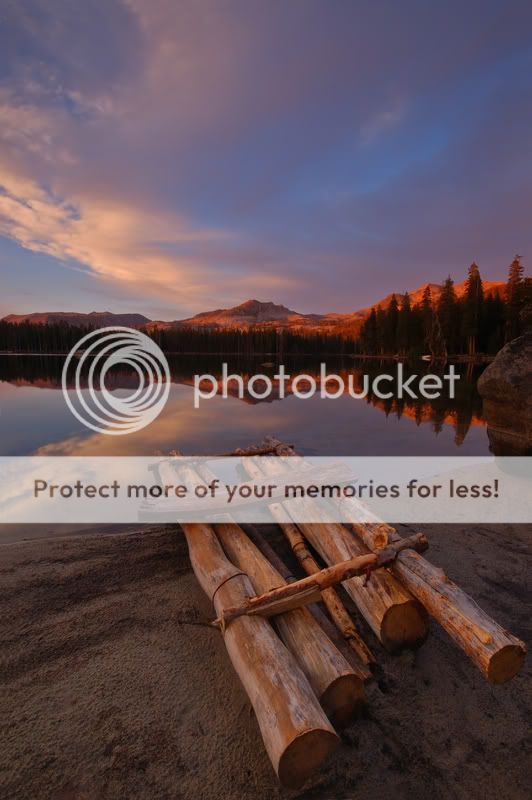

![[No title]](/data/xfmg/thumbnail/35/35967-ee5e7220e6f5cbd7d70fb99fe8ce5038.jpg?1619737285)
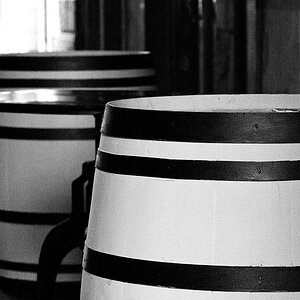
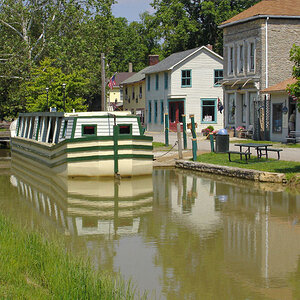
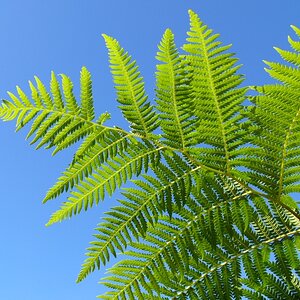
![[No title]](/data/xfmg/thumbnail/34/34119-711b53445c011079fb89b6f42682ed00.jpg?1619736289)
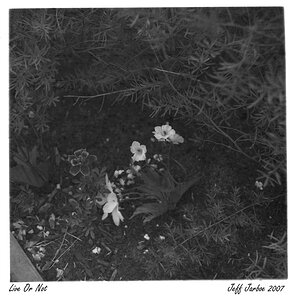
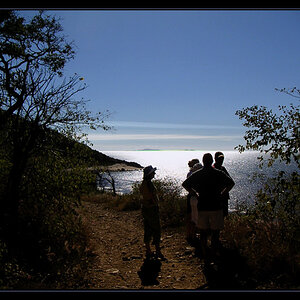
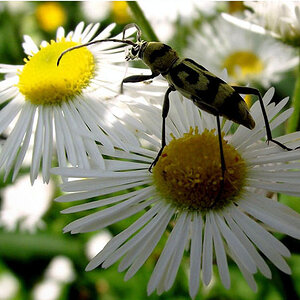
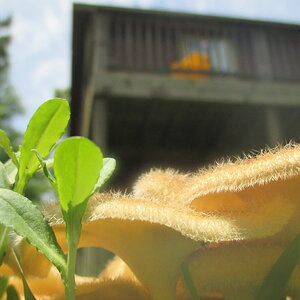
![[No title]](/data/xfmg/thumbnail/35/35966-4f59fb71a71adfe775ae568f8c534699.jpg?1619737283)
